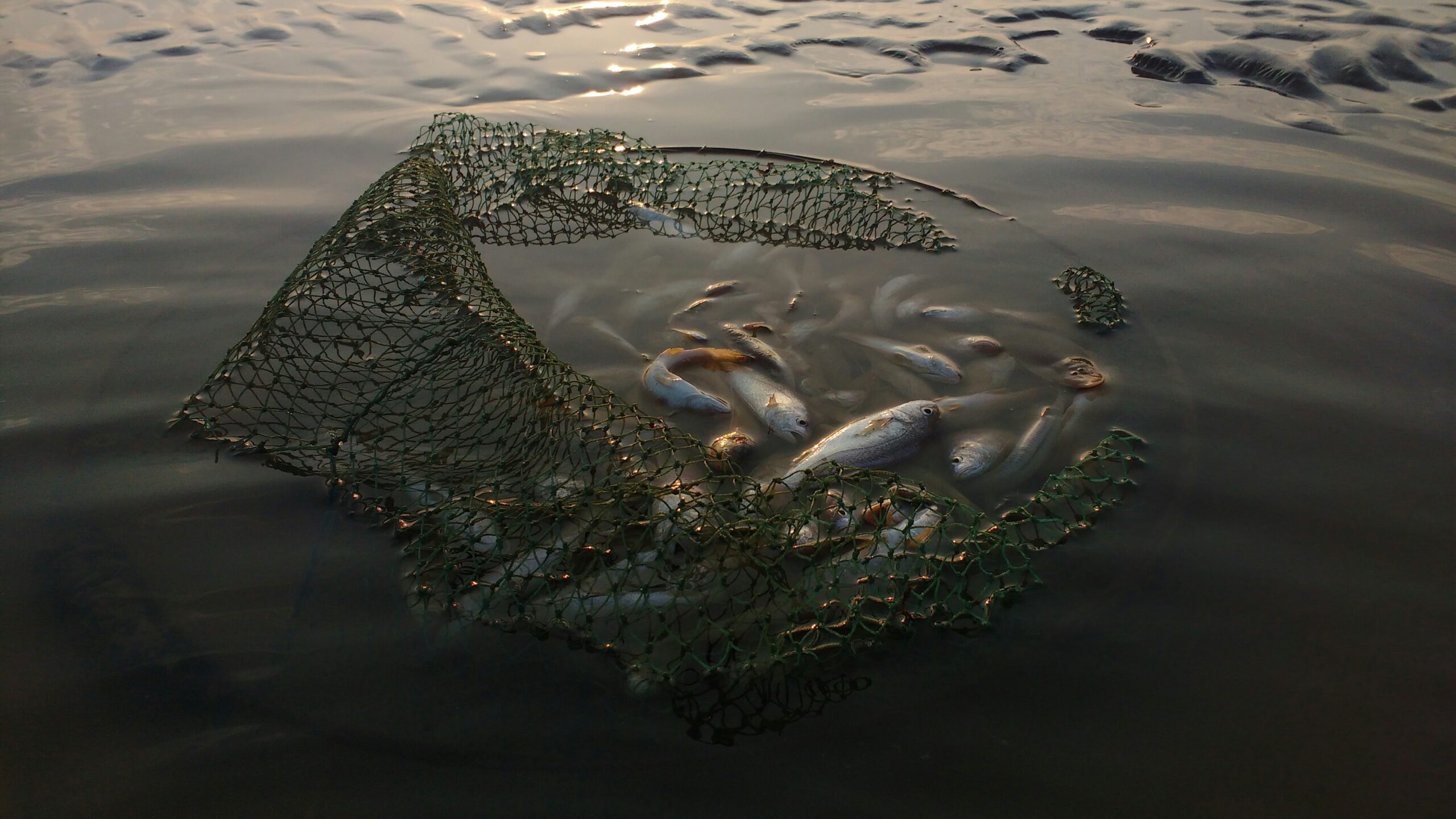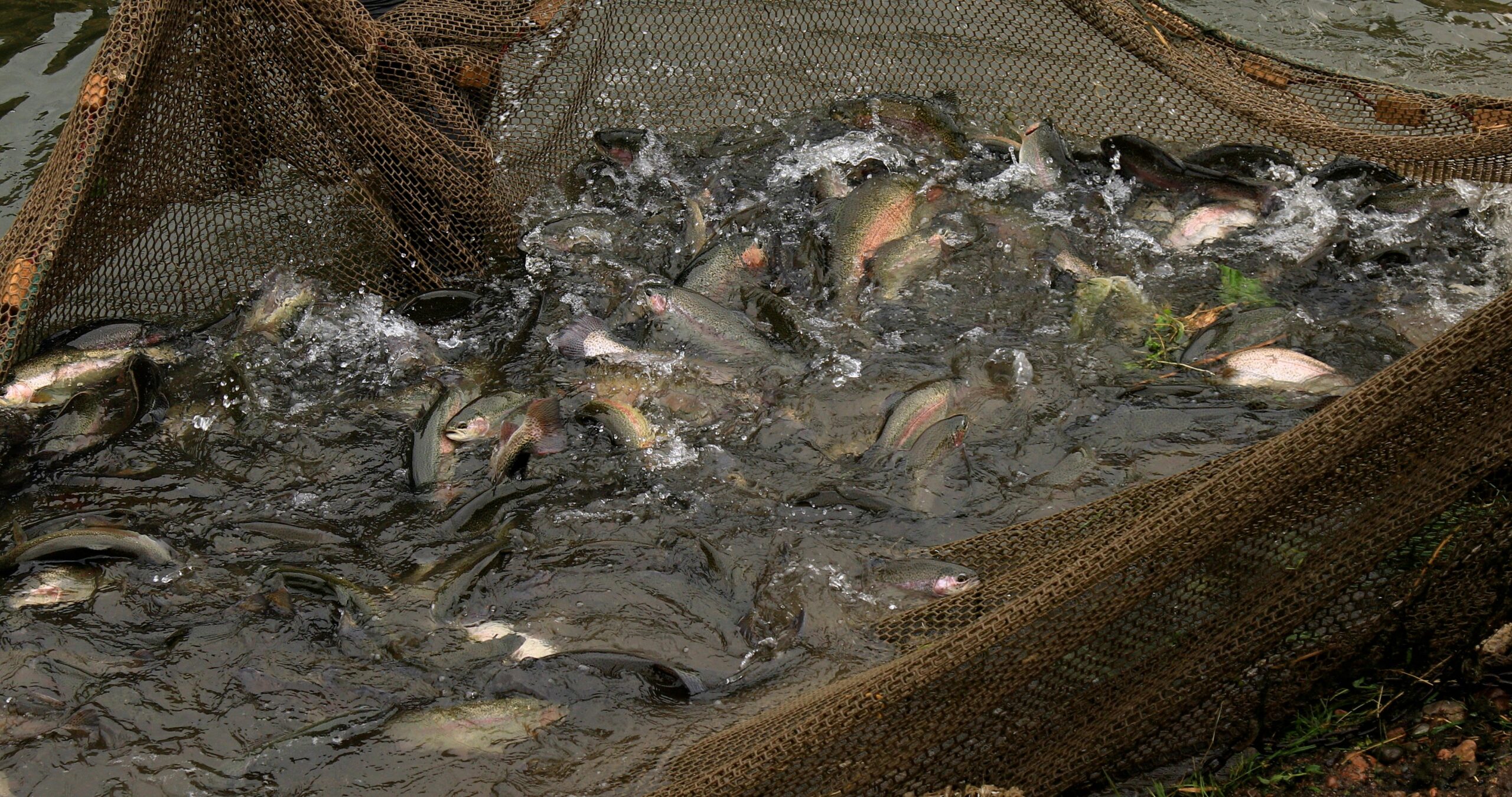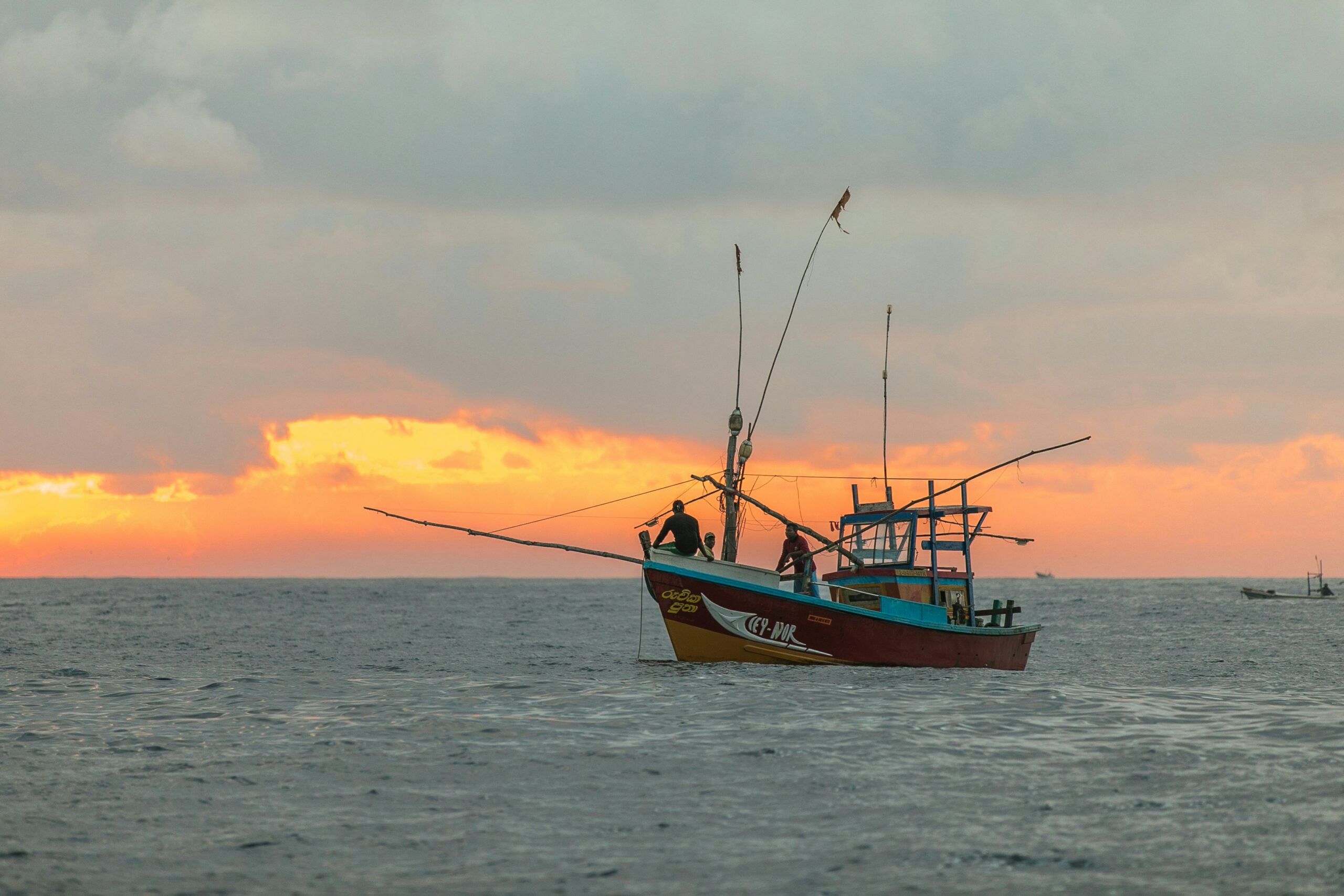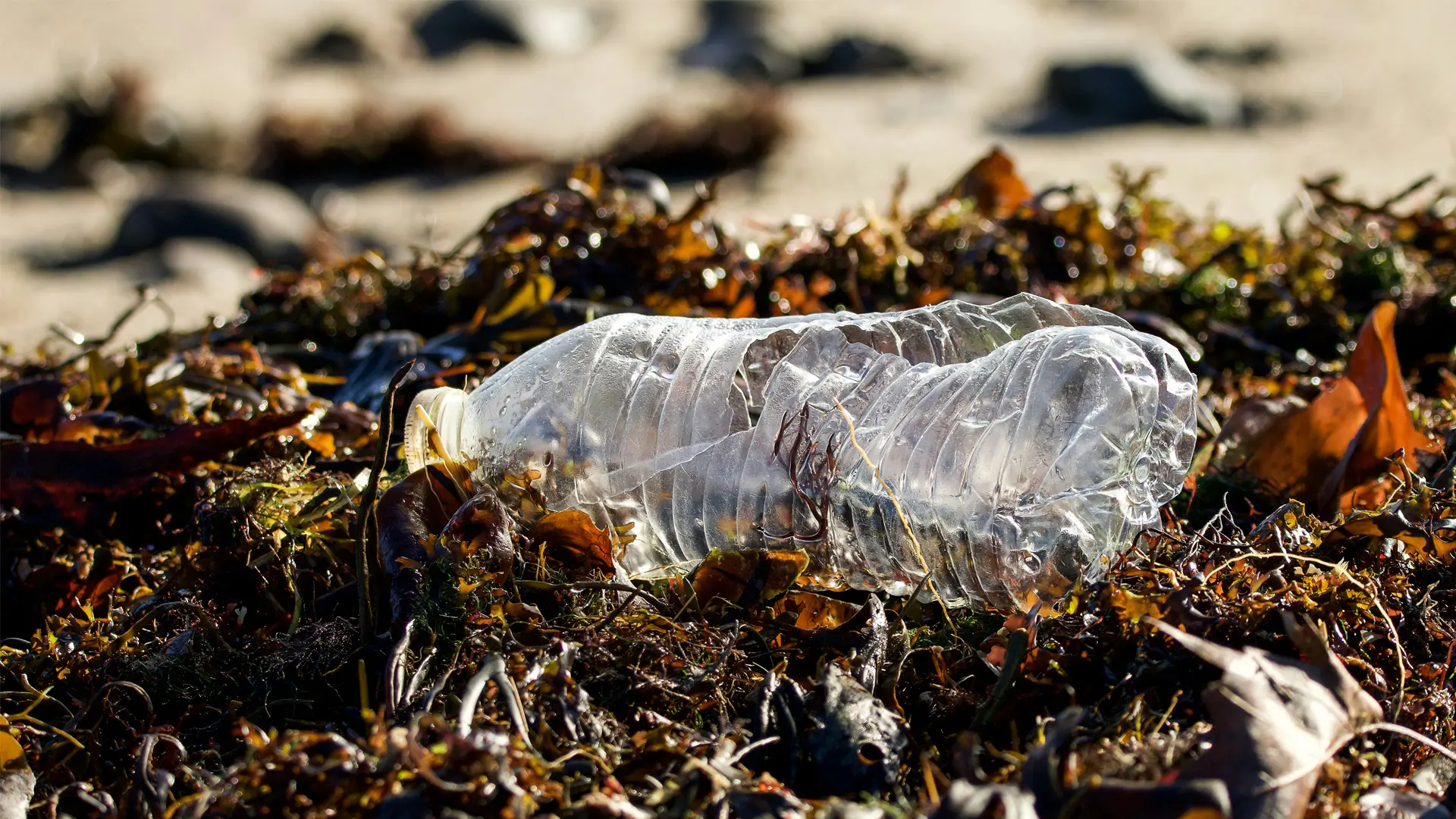
Silent Seas: Unmasking the Hidden Dangers of IUU Fishing in Sri Lankan Waters
By Thisutha Bulathgama
Underneath the placid waters of Sri Lanka, a hidden crisis is unfolding—a threat to the livelihoods of coastal communities, marine ecosystem and the country’s national security. Illegal, Unreported and Unregulated Fishing, also known as IUU fishing, is fishing in places with no regulations, without authorization, and, or without reporting catches. IUU fishing causes significant harm to local fishermen, marine lives and the country’s economy.
IUU fishing is far more dangerous than many realize. Its consequences ripple across the environment, economy and society, threatening the very fabric of Sri Lanka’s coastline. Environmentally, it decimates Sri Lanka’s fishing population, and harms coral reefs and sea beds. IUU fishing also causes the unintentional capture of protected species such as sea turtles and dolphins, pushing these vulnerable species closer to extinction.
Economic impacts too are equally alarming. Small-scale fishermen, the backbone of the island’s coastal economy are hit the hardest. As IUU fishers rake in the fish stocks, the local fishermen suffer, pushing their families further into poverty. On a larger scale, the country’s seafood exports are impacted due to the international restrictions imposed on countries failing to restrict IUU fishing. But the repercussions go beyond economics. IUU fishing threatens food security, leaving coastal communities struggling to feed themselves. Even more disturbingly, this issue is often linked to organized crime, including human trafficking, drug smuggling, and forced labor. It’s a web of exploitation that extends far beyond the ocean.

Sri Lanka’s Fight Against IUU Fishing
As a developing nation, Sri Lanka has recognized the dire necessity of addressing IUU fishing.
The country has demonstrated its commitment to international cooperation by ratifying key international agreements such as the Agreement of Port State Measures to Prevent, Deter and Eliminate IUU Fishing, and the United Nations Convention on the Law of the Sea. In partnership with the International Organization for Migration (IOM), and private stakeholders such as Zindhu Maritime Solutions (Pvt.) Ltd., the Sri Lankan government has implemented Vessel Monitoring Systems. These systems use cutting-edge technology to monitor the high-seas fishing operations. Despite these efforts, challenges persist. Weak enforcement, inadequate monitoring and corruptions are among the top contenders hampering progress on this front.

To fight against IUU fishing, Sri Lanka must take bold & decisive steps. Strengthening laws and policies, expanding regional cooperation, and imposing stricter regulations are critical. But the fight does not end with the government. Consumers too have a significant role to play. Supporting ethical fishing methods and choosing sustainably sourced seafood can drive progress towards responsible fishing. Educating local fishermen and responsible authorities about the long-term impacts of IUU fishing can foster a collaborative effort to protect Sri Lanka’s rich marine resources for future generations. Most importantly, collective action is key—the government, civil society and international organizations must work together to enhance the long-term sustainability. Only united action can safeguard Sri Lanka’s marine biodiversity, sustain livelihoods, and prevent further environmental and economic damage.
The stakes are high, and the clock is ticking. IUU fishing is not just an environmental issue—it’s a threat to Sri Lanka’s economy, food security, and social stability. By taking decisive action today, we can protect our oceans, support coastal communities, and ensure a sustainable future for generations to come. Let’s join hands to turn the tide against IUU fishing!


Technological Interventions for Sustainable Coastal and Marine Management in Sri Lanka
By Hansi Perera Sri Lanka’s coastal and marine ecosystems face significant threats due to rapid urban development, climate change, and unsustainable fishing practices. To effectively

Climate Change Impacts on Fisheries and Aquaculture in Sri Lanka
By Moira Alfred Sri Lanka, a tropical nation near the equator, is heavily reliant on its fisheries and aquaculture industry. However, this island, renowned as

The Plastic Journey: From Oceans to Plates – Unveiling the Invisible Threat
By Dilshani Maralanda Plastic pollution has become a serious global issue, transforming our beautiful, biodiversity-rich oceans into vast dumping grounds. Unlike natural materials, plastics are
